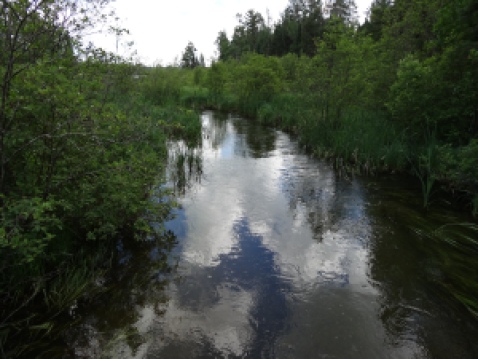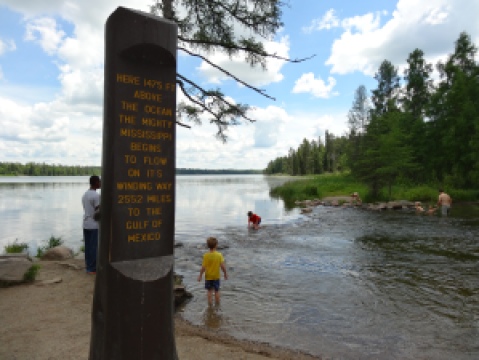Welcome to my geography quiz:
Geography wasn’t my favorite topic in sixth grade but it was “required reading” at St. Jude of the Lake Parochial School along with the other three R’s. Consequently, it was one of a number of subjects Sister Mary Felicia’s sixth grade class, me included, were tested on weekly. This good Benedictine nun had her hands full teaching, preaching, and praying her way through each day, which meant she hadn’t much time or patience for slackers. We learned our lessons or felt the ruler on our knuckles.
#1. What is a sextant?
- A new brand of nasal spray used to subdue teenage libidinal urges.
- Another name for a town crier in Merry Olde England.
- The sixth ant in a marching column responsible for urging his comrades forward.
- None of the above.
Did your typical 1950’s student enjoy this intense journey into geography I did? Could they recite all the state capitols, or the major rivers, or define the meaning of the continental divide? Apparently not. Last evening my husband and I attended our monthly bridge club gathering – the first reunion since returning from my book tour. We arrived decked out in matching tee shirts proclaiming “I walked across the Mississippi Headwaters. Itasca State Park.” Judging from their quizzical looks, no one besides us had ever heard of Lake Itasca or appreciated its significance. One person inquired, “Is Itasca State the college your grandson will attend this fall?” Another questioned “Is this the same Mississippi I’m familiar with– that big river that splits the country in half?’
So is this the sorry state of geography knowledge in the citizens of our country? These facts are an important part of our national heritage. Shouldn’t our peers know some of these basic details? BTW, if you answered “None of the above” to the quiz question #1, congratulations, you know more about one of the basic instruments used for centuries to place one’s current location on the globe than most people. Along with compasses and telescopes, early explorers would have been lost without them.
#2. Where did the name Itasca originate?
- It’s Italian for ‘My god, I forgot the pasta”?
- It’s Native American for “Puny-stream-that-leads-to-mighty-waters”?
- It’s derived from Latin for “True Head”?
- None of the above.

So what was the big deal about finding the first trickle of the third largest river in the world? Just about half a continent is all. It seems that President Jefferson really wanted all the land west of this great river. It included Arkansas, Colorado, Iowa, Kansas, Minnesota, Missouri, Montana, Nebraska, New Mexico, North Dakota, Oklahoma, South Dakota, Texas, and Wyoming. Without this deal we could all be Brits or Spaniards or Ruski. And finding the origin of the Great River determined how much land on the northern border was included. If you answered question #2 with the Latin meaning, kudus to you. This guy named Henry Schoolcraft (is that irony or something?) figured he’d better have a pretty dignified name for what he knew was the actual source of the river. Unfortunately Henry’s Latin was a bit rusty so he nudged his fellow explorer William Boutwell and inquired “Could you help me out here?” Being not quite as rusty, Bill came up with “veritas and caput” which translates into “true and head.” By loping off a few letters fore and aft, the name was born.
Which brings us to the burning question “Does your sixth grader know more about geography than you do or is it a good thing that GPS came along to help us all find our ways home?” This brings us to our last quiz question:
#3. What is a Geo Bee?
- The insect selected annually to bring honor to the Spring Solstice?
- A contest run annually by the National Geographic Society?
- The man, George Bee, who invented the honey purifier?
- None of the above.
If you were to travel to Lake Itasca in Minnesota, remove your hiking shoes, roll up your pant legs, and slip and slide across the fifteen feet of icy cold water rushing on its way to the Gulf of Mexico, you could look up and see a monolith carved out of northern forest ponderosa pine which states “Here 1475 feet above the ocean the mighty Mississippi begins to flow on its winding way 2552 miles to the Gulf of Mexico.” And you too could coach your resident child prodigy with the correct response above when that genius selects answer #2 and wins the accolades of the National Geographic Society which sponsors the yearly contest to spark student interest in geography, encourage teachers to include geography in their lesson plans, and increase public awareness.

One thought on “Are you smarter than your sixth grader?”
Comments are closed.